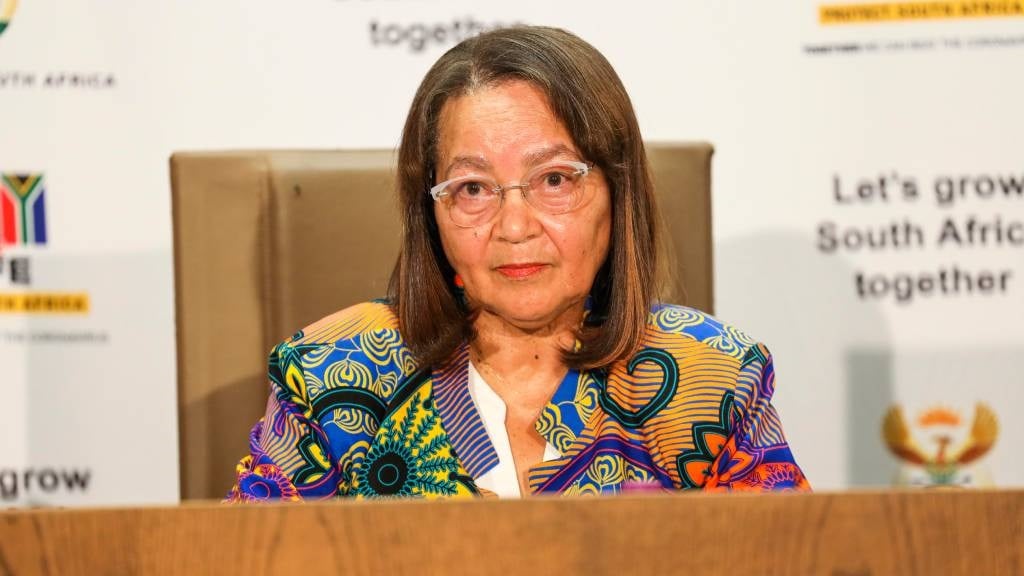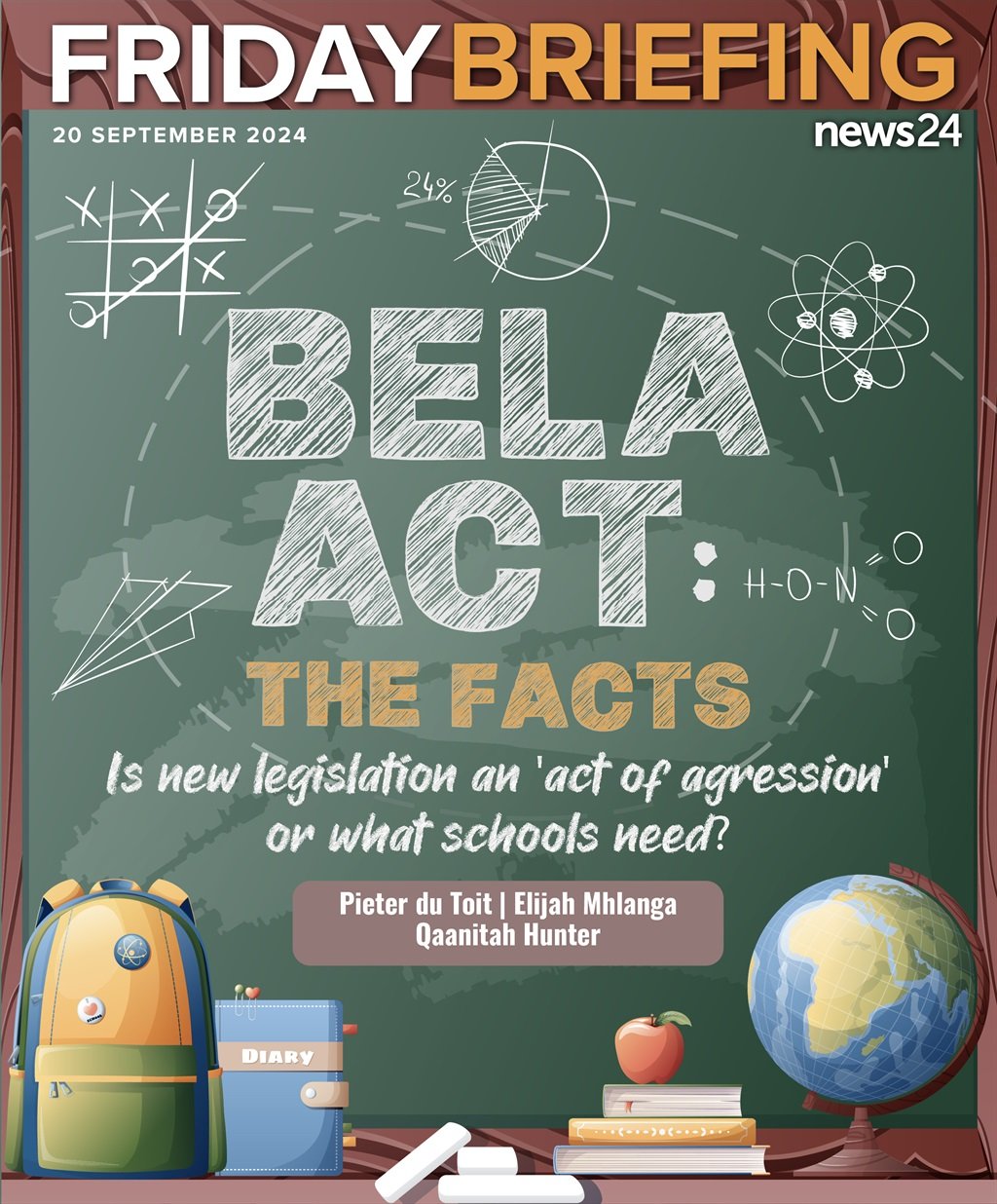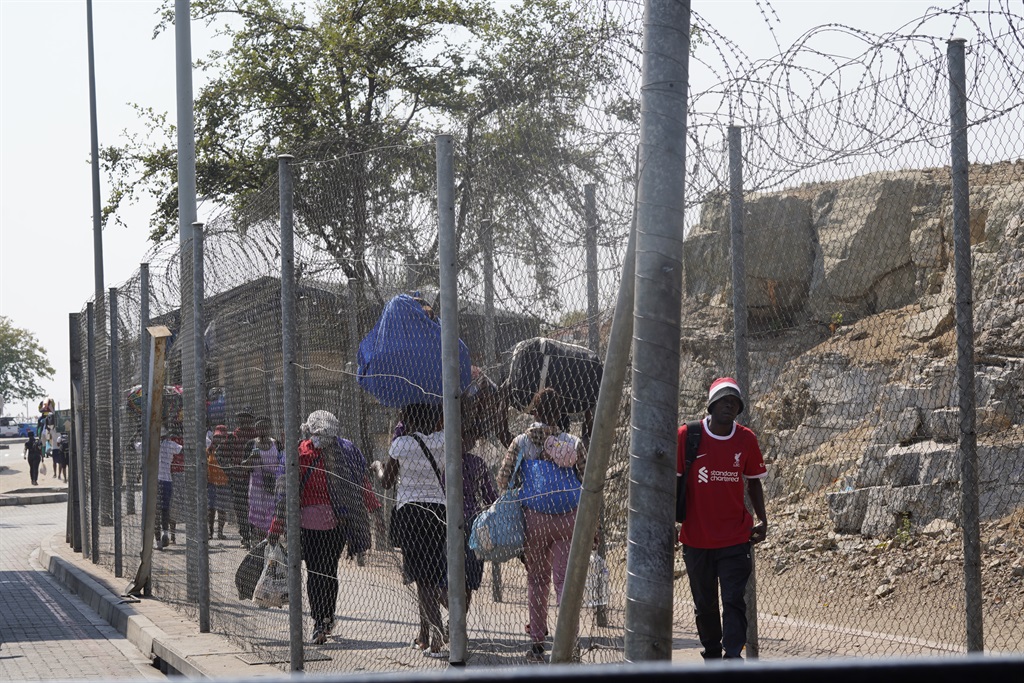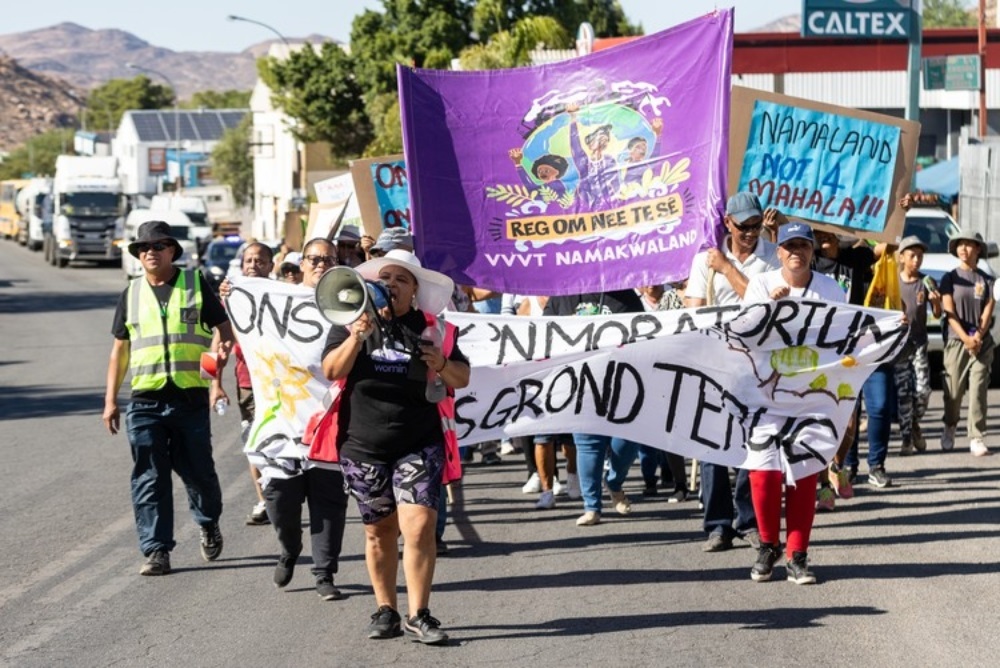
Tourism Minister Patricia de Lille has signed partnerships with two multinational tech companies in the last three months.
- The Department of Tourism has recently partnered with Google and Airbnb.
- The multinational technology companies will be collaborating with the department on a host of initiatives.
- Tourism Minister Patricia de Lille said that private-public partnerships are important to grow the South African tourism industry.
- For more stories, visit the Tech and Trends homepage.
In the past three months the Department of Tourism has partnered with multinational tech companies Google and Airbnb in a bid to grow the sector and enhance services, amongst other objectives.
Tourism Minister Patricia de Lille co-signed a memorandum of understanding (MoU) with Dr Alistair Mokoena, the country director for Google South Africa, on 13 November with the goal of harnessing Google’s technological expertise to boost South African tourism.
This followed a memorandum of understanding signed on 29 August by De Lille with the global accommodation platform Airbnb.
In the statement announcing the Google partnership, De Lille explained the benefit of partnerships with tech companies for the department.
“In an era of digital transformation, collaboration between technology giants and government entities has the potential to reshape industries and enhance public services,” she said.
De Lille explained that the Tourism Sector Green Paper says that there is a lack of support mechanisms for the tourism sector, especially small, medium, and micro enterprises, to adapt to a digital future.
In the Airbnb statement, De Lille said that private-public partnerships are key to growing and enhancing the tourism sector.
“This MoU seeks to grow the collaboration between government and the private sector as it is our collective responsibility to grow and enhance the tourism sector. As government, if we want to significantly grow tourism and its contribution to the economy and job creation, collaboration with the private sector is vital,” she said.
Both statements highlight areas of collaboration between the companies and the department that will not necessarily require any transfer of funds.
Here are some of the key points raised in each of the statements announcing the partnerships:
There were four key pillars of collaboration identified in the partnership announcement with Google.
Firstly, it is proposed that Google travel data could be used by the department to provide insight into travel trends.
This information could then be used by the department to target specific tourist markets and to tailor experiences to the expectations of visitors, the statement said.
In addition to this, it is proposed that Google can assist the department with digital skills training.
This will help businesses in the tourism sector market their businesses online to reach a wider audience.
Google will also showcase South African cultural heritage and tourism sites to the world through the Google arts and culture portal.
Finally, it is proposed that Google and the department will co-host a thought leadership seminar on digital opportunities in the tourism industry.
Airbnb
The flagship project announced in the Airbnb MoU was that the entities would work together to create a national registration system for short-term rentals.
This will provide insight into the largely unregulated accommodation category. Airbnb will also share international best practice on policy positions and registration of short-term rentals.
The department will also get access to an Airbnb data portal which is specifically built to provide insights to governments.
Airbnb will also offer a skills development programme with the aim of helping to bring the benefits of tourism to historically disadvantaged individuals.
The travel summit proposed in the memorandum was hosted in October.






Recent Comments